Ingredient: Rennet (yes, rennet)
Feb 19, 2013
This post may contain affiliate links. Please read our disclosure policy.
All I can say to introduce rennet is if you have not cooked with it before, then great!, we are entering new territory together.
The easy definition of rennet is this: it’s a little tablet that is used to turn milk to cheese. Just as you have to inoculate milk with yogurt to make yogurt, you introduce rennet, an enzyme, into milk to encourage its proteins to coagulate and separate into curds and whey.
If we want to get into the history of it, rennet is wild and weird the same as yogurt. It reaches back to the olden days in the Middle East, when somehow a daring eater thought that the milk that had sloshed around in the stomach of an animal (the fourth stomach of an unweaned calf, to be precise) was appealing for a whole host of reasons (preservation had to top the list over imagined flavor for that first daring eater, but hunger is a strong impulse), then started using the enzymes from the animal stomach’s lining to coagulate and preserve milk themselves.
Rest easy, though, knowing that the rennet you buy today is vegetarian. It’s made by Junket, which is a brand but it also refers to a custard dessert (or, even better, a press trip). The box in my mom’s kitchen cabinet in Michigan was so old-fashioned looking I assumed it had been in there since my childhood. I also assumed that finding a box of Junket while visiting the family in south Florida would be about as easy as finding a bag of za’atar up north.
I started with the cream of the crop and called Whole Foods: N. O. Then I looked up Middle Eastern markets, of which there were exactly none. One place seemed remotely possible; I called and a guy with an Arabic accent laughed at me. “Not down here,” he said. So my next go-to would be Goodrich’s in East Lansing. If they had it, which of course they did, I would bribe one of my friends up there to pick it up and send it to me. I almost overlooked Publix, a Florida grocery that is in every strip mall from the pan handle to the keys, without even asking them; somehow I got my beach-brain revved up and called them too. Yes! Lots of Junket! The older set down here must still be making the puddings of their youth with rennet? I can’t imagine there’s a whole lot of home cheese-making going on, but who knows.
The box looks exactly like the old-fashioned one my mom has up north, so maybe hers isn’t so old after all. The yesteryear slogan on the recipe insert reads: Whether 6 months old or 6 feet tall, use Junket rennet tablets for them all.
Clearly this rennet, this Junket, is kind of strange. But I promise you that the Lebanese cheese we’re making is far from it. This cheese is pure white, mild, delicious, super-traditional, and I feel strongly you’re going to want to make it with some good milk and the rennet you pull of the shelf next time you’re at any old grocery store.
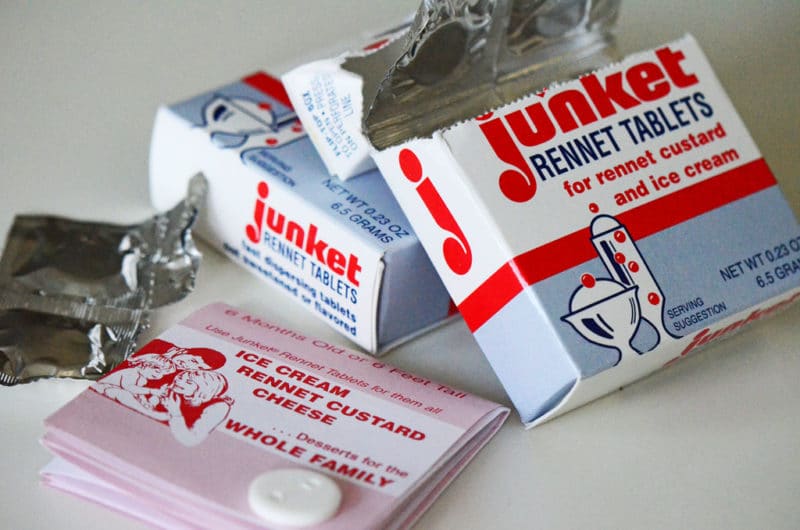

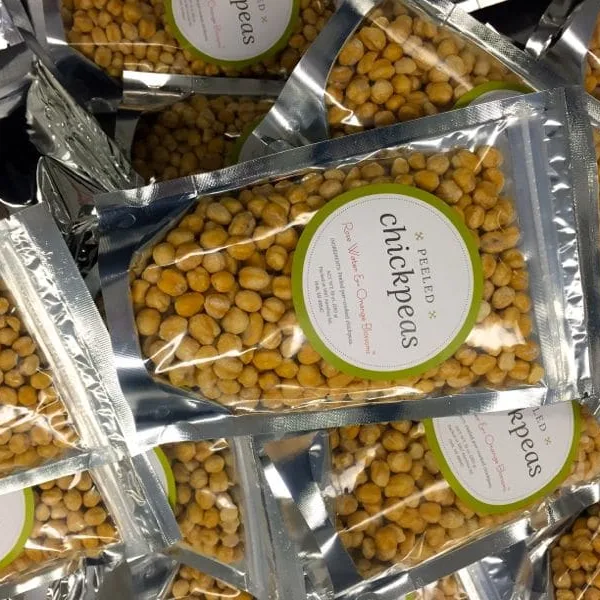
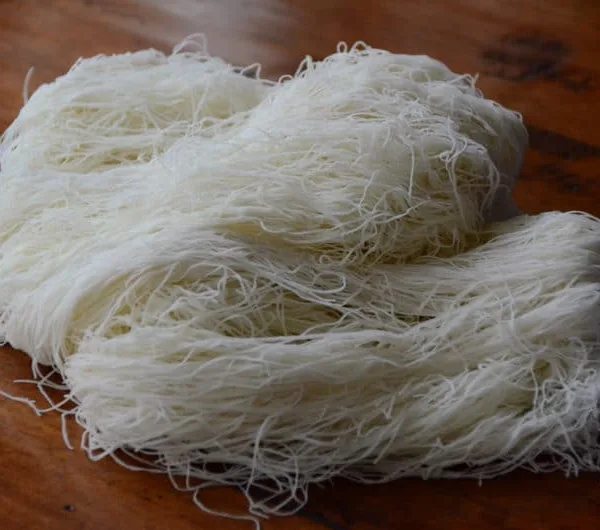
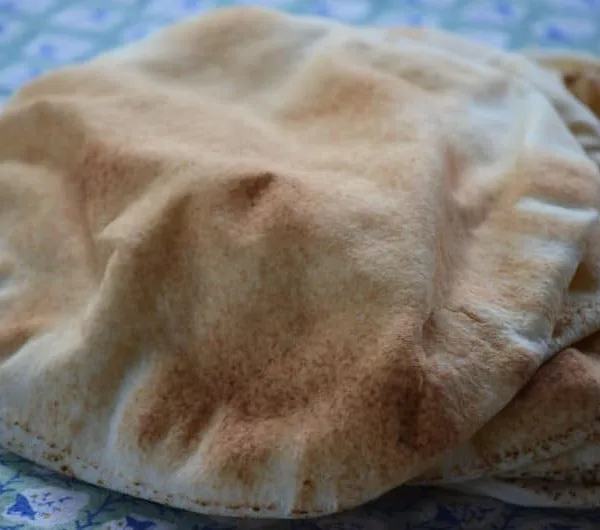
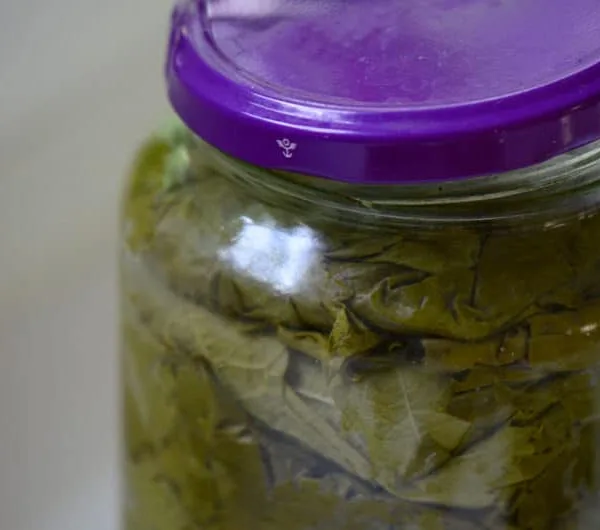







NOT RENNET Tabs. I WANT RASEBERRY JUNKET. My mother mailed me some from NY . But I live in Delray Beach, Fl. Can I get it At PUBLIX?????
I don’t think I’ve seen flavored Junket! But check Publix for sure!
Hi there;
May you please quote me about where can i find rennet ( Junket or other brand )
Thank you
Some local grocery and health food stores carry rennet; you can also find it online at Amazon!
I love making Jibin and I do all the time with the Junket rennet tablets. Lately I have had no success. So please let me know your recipe for making Jibin. Thanks. Barbara
It’s been a long time since I’ve thought about rennet. It brings back so many memories. My mother always had some on hand. She used it regularly to thicken all types of things. I don’t have any of the recipes. But maybe the old scratch cooks had more uses for these things. I’m pretty sure it’s still available at most of the rural groceries at least during canning season. As I remember that’s when a lot of it was used.
Search no more… Amazon.com has them!!!
https://www.amazon.com/s/ref=nb_sb_noss_1?url=search-alias%3Daps&field-keywords=junket%20tablets&sprefix=junket%2Bt%2Caps&rh=i%3Aaps%2Ck%3Ajunket%20tablets
Wow, this brings back memories!! My Mom & my Sittu used this all the time! I haven’t seen it in years! I’m going hunting for it!!
This brings back the most wonderful memories of my grandmother making jibin. I used to see those little boxes of junket in the cabinet and had no idea what they were! I’m going to check our Ga Publix for some!